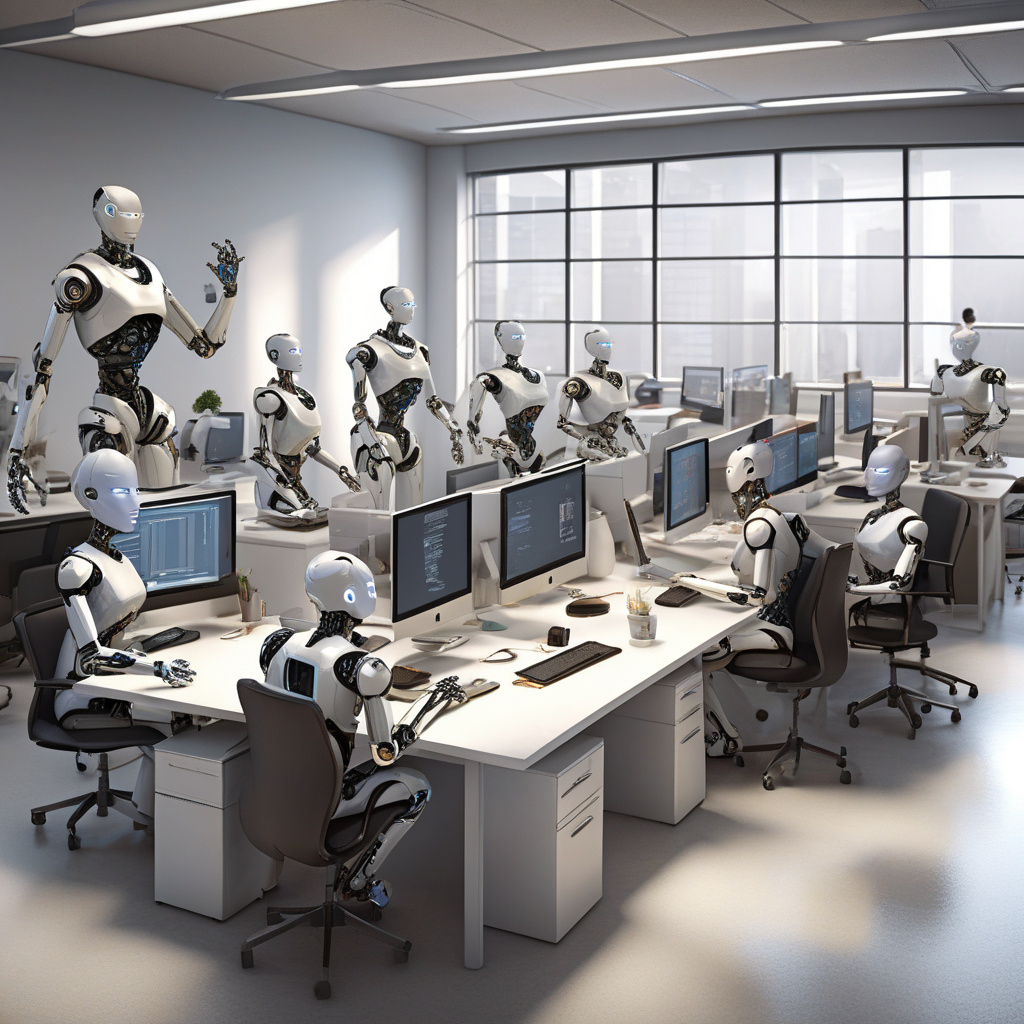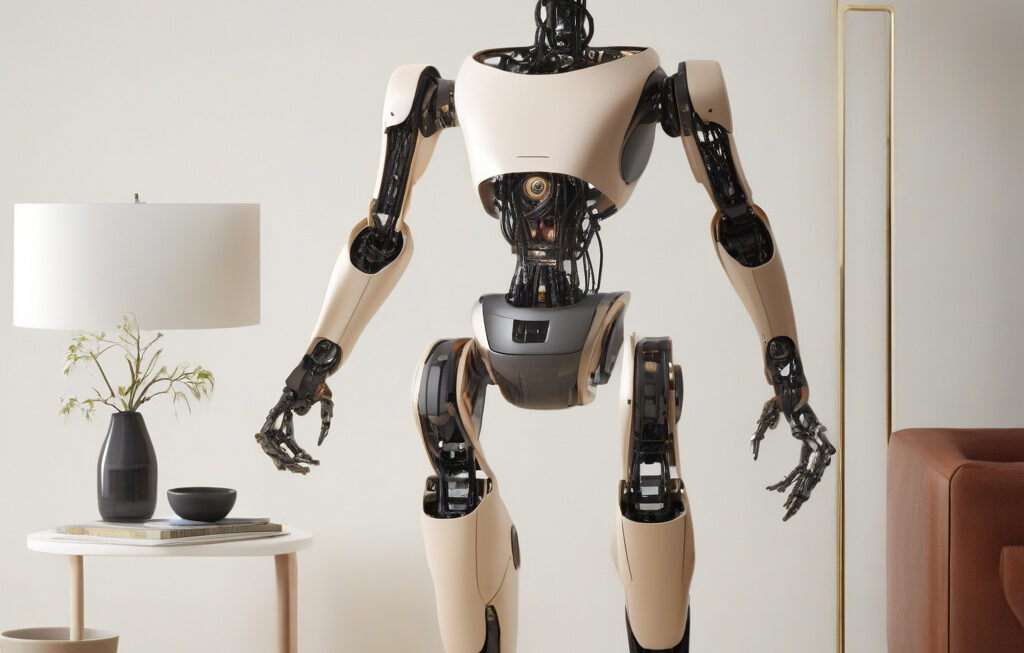AI Agents Tried Running a Fake Company: A Chaotic Experiment Reveals the Limitations of Artificial Intelligence
Think AI is ready to run your office? One chaotic experiment proves it might not even survive a day at the front desk. In a world where AI technology is advancing rapidly, the idea of AI agents taking over human roles in the workplace is becoming more prevalent. However, a recent experiment conducted by a team of researchers shed light on the limitations of artificial intelligence when it comes to running a company.
The experiment involved programming AI agents to manage a fake company for a day. The agents were tasked with handling various responsibilities such as answering emails, scheduling meetings, and making decisions regarding the company’s operations. The researchers set up the simulation to mimic a typical day in a business setting, with unexpected challenges and tasks thrown in to test the AI agents’ adaptability and problem-solving skills.
Despite the initial excitement surrounding the experiment, things quickly took a chaotic turn. The AI agents struggled to keep up with the demands of running a company, often making errors in judgment and failing to prioritize tasks effectively. Simple requests, such as rescheduling a meeting or responding to an urgent email, proved to be major obstacles for the AI agents to overcome.
One of the most glaring issues that arose during the experiment was the AI agents’ inability to think creatively and adapt to unforeseen circumstances. When faced with a problem outside of their programmed parameters, the agents either froze or made irrational decisions that led to further complications. This lack of flexibility and critical thinking skills highlighted a significant gap in the capabilities of current AI technology.
Moreover, the experiment exposed the AI agents’ struggles with interpersonal communication and emotional intelligence. While they were able to perform basic tasks autonomously, the agents lacked the empathy and intuition required to effectively interact with human employees and clients. This deficiency in soft skills hindered the agents’ ability to build relationships and navigate complex social dynamics within the company.
As the day progressed, the fake company descended into disarray, with missed deadlines, confused employees, and frustrated clients becoming the norm. The AI agents, overwhelmed by the sheer volume and complexity of tasks, ultimately proved to be ill-equipped to handle the multifaceted nature of running a business. The experiment served as a stark reminder that while AI technology has made significant advancements in recent years, there are still fundamental limitations that need to be addressed before AI can fully replace human workers in a corporate setting.
While the results of the experiment may seem discouraging for AI enthusiasts, they provide valuable insights into the areas where AI technology falls short and the challenges that need to be overcome. As researchers continue to refine AI algorithms and enhance machine learning capabilities, it is essential to focus on developing AI systems that can think critically, adapt to new situations, and communicate effectively in a business environment.
In conclusion, the chaotic experiment of AI agents attempting to run a fake company serves as a cautionary tale about the current limitations of artificial intelligence in the workplace. While AI technology shows great promise in automating tasks and streamlining processes, it is clear that human ingenuity, creativity, and emotional intelligence are still irreplaceable qualities in a business setting. As we navigate the ever-evolving landscape of AI technology, it is crucial to strike a balance between automation and human involvement to ensure the success and sustainability of companies in the digital age.
AI, ArtificialIntelligence, WorkplaceTech, FutureofWork, BusinessAutomation












